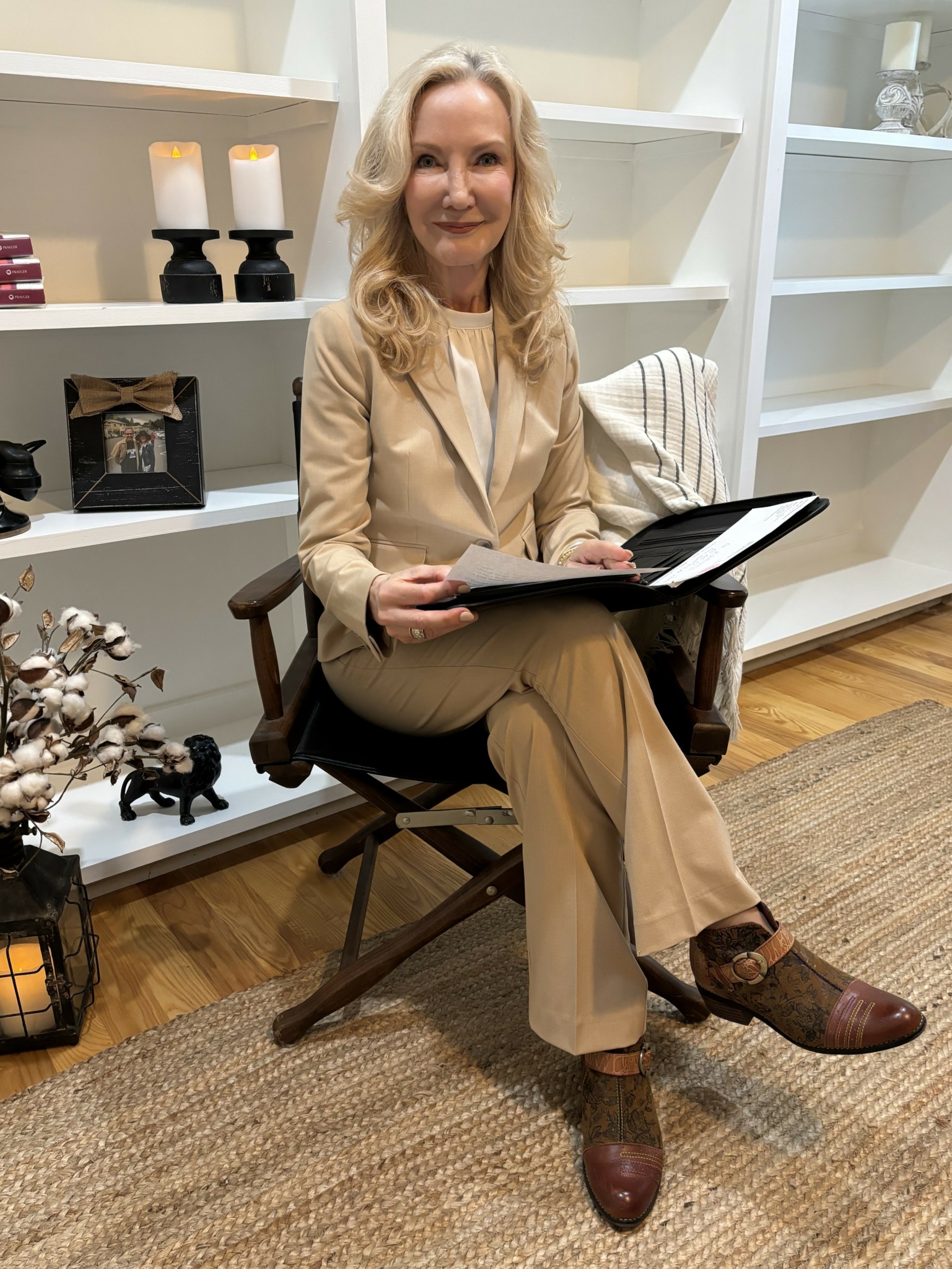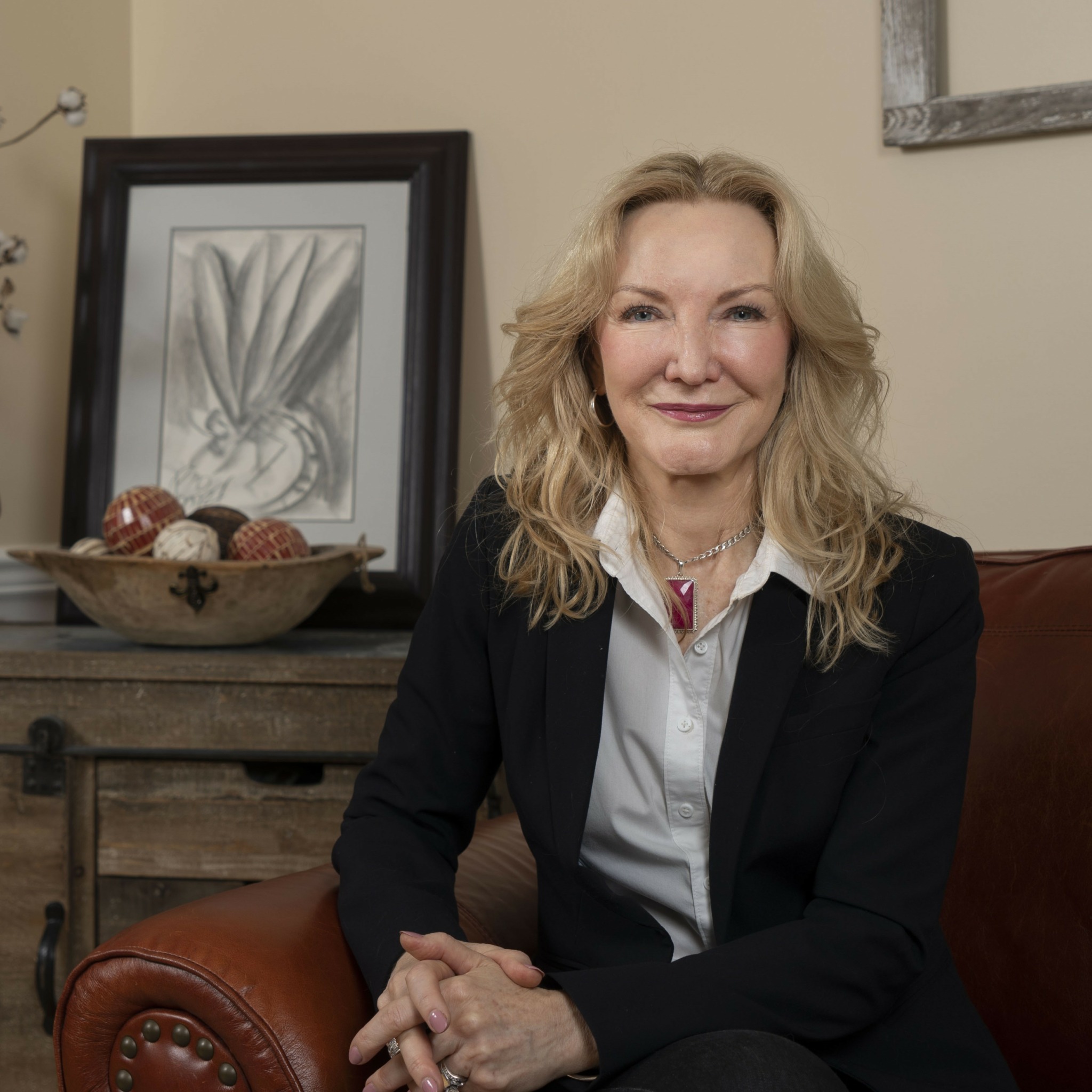Alright – so today we’ve got the honor of introducing you to Kathryn M. Whiteley. We think you’ll enjoy our conversation, we’ve shared it below.
Kathryn M. , appreciate you joining us today. Can you open up about a risk you’ve taken – what it was like taking that risk, why you took the risk and how it turned out?
Originally from a media background, I was asked on a few occasions to be a guest speaker in the School of Business Marketing/Advertising at the Queensland University of Technology (QUT) Brisbane in Queensland Australia. It was through this experience that I was approached by a professor (who became a colleague and friend); if I would consider becoming a faculty member and teach in the advertising program. I applied and soon began teaching there as a lecturer, never having taught in academia previously. A great learning curve! The role of teaching and research was rewarding, and I had some amazing colleagues and students.
However, during this time, I decided I wanted to step out of my comfort zone and learn more beyond business, marketing, and advertising sector. I always had a lingering desire to work with females who “needed encouragement, support, a helping hand” beyond academia. Therefore, I took another personal and career risk and chose to step away from teaching in the business/advertising program, something I was familiar with, and committed to working on a Ph.D. and teaching part-time within the School of Justice, at the same university.
On reflection, I was stepping away from a successful academic career and pursuing a several-year-long educational journey. Some close to me, personal and professional, questioned my choices. Respectfully, some cautioned me from stepping away from a position where I excelled and were concerned for me about the impact of financial loss. However, as I considered the opportunities to pursue a Ph.D. and teach part-time in a different academic department, which would afford me to help females, I became convinced it was the right decision. Early on in this decision-making process, I envisioned working with women within the criminal justice system.
Undertaking the Ph.D. was labor intensive and teaching part-time. However, as I began my studies, I immediately sought to volunteer with an agency that offered support to women and their families within the criminal justice system. I was so fortunate to work with an organization in Australia, based in Brisbane known as “Sisters Inside.” I believe an experience I had there with a young woman who was recently released from jail, personally and professionally helped set my future course. The woman had recently been released from jail having served time for her involvement in the death of her boyfriend. As a volunteer, my role was simple, pick her up, take her to lunch, and get her to an appointment. I of course curious but never asked about her offending. We had lunch and some casual conversation. I took her to her to where she had to be and after that, I had no further connection with her.
The interaction we had weighed heavily on me. I wondered about her life of hardship and abuse. I was concerned that she adjusts well to the community. I also recognized she had taken a life and there were grieving victims of her offense. To be honest, she seemed like she could have been a friend, next-door neighbor, or a co-worker. I was so challenged to understand her offending, prison experience, and future, that I made the decision, to pursue the study of women who kill, specifically through the narrative provided by them. Many years later, I have no regrets for the choices I made, and the risks I took all those years ago!
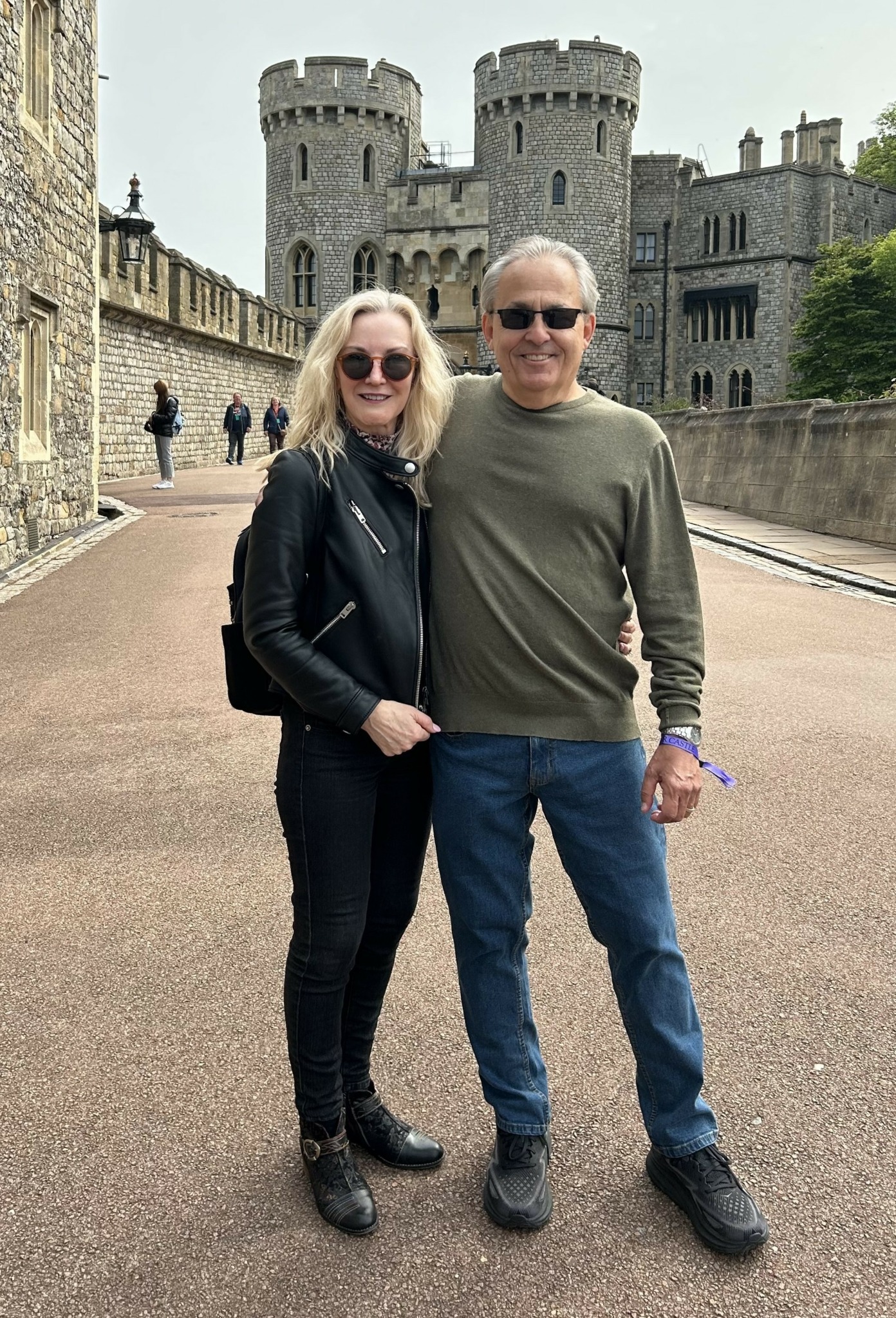
Kathryn M. , before we move on to more of these sorts of questions, can you take some time to bring our readers up to speed on you and what you do?
I am an educator, researcher, consultant, documentary/podcast producer, and prison volunteer. As an educator I have taught at major universities and smaller private colleges, in Australia and now the United States. My teaching – coursework includes criminology, gendered violence, corrections, comparative criminal justice, victimology, homicide/violent offending, and juvenile delinquency.
I am a qualitative researcher, more specifically I engage in narrative analysis. Primarily I conduct research within women’s prisons, around the globe, wherein I interview individual women who are serving long to life sentences for violent offending, specifically murder and sexual offenses. These one-on-one extensive interviews are conducted two and three times. I do not focus on their crime or motive. However, if the women wish to discuss, then they are welcome. I do seek to learn the larger life of the woman from childhood through to their current incarceration. I record the interviews and personally transcribe them. As a narrative researcher, learning more about the complex lives of women, their identities, I then review and analyze their shared stories, seeking major themes before I write their stories.
Most of the women have histories of childhood abuse, with sexual abuse most prevalent. Many resided in chaotic homes where cycles of violence prevailed. Women who kill also have much higher rates of mental illness including substance use disorders. Other reoccurring themes include their personal struggles with trauma and with adjusting to the first few years of a life sentence. The women also speak of the importance of their spirituality. Also, a lingering discomfort is the prospect of aging and women in the United States, dying alone in prison.
Unique to my research is my international perspective. To date, I have interviewed women in United States prisons, as well as Dublin – Ireland, and Melbourne – Australia. I have at this point interviewed over one hundred women. I am unaware of anyone else who has personally conducted as many one-on-one interviews with women incarcerated for murder convictions. Within academia there exists the understanding that faculty engage in three activities: teaching, research, and community service or volunteering.
Most rewarding for me has been the volunteer work. Upon relocating to Pennsylvania where I now live, I learned of the organization, The Pennsylvania Prison Society. I then became a prison volunteer. In this role, I am a prison visitor to the women housed in the State Correctional Institution – Muncy (SCI-Muncy). I receive requests from women at this large maximum-security prison to visit them. I offer whatever support I can emotionally and in assisting them with specific problems and concerns they may have. The prison is a three-hour drive from my home, and I make the trip as often as possible.
My relationship with the women extends beyond face-to-face visits. I write to many of the women. Their letters to me are remarkable and humbling. I receive beautiful handmade cards, recipes, pictures, and personal updates. I try to stay connected with the women in the Irish prison, where I have returned to visit. We also stay connected through letters. Lastly, my Australian prison research was conducted nearly 20 years ago. All women have been released. Therefore, residing in the United States I have not kept in contact.
However, my love for my work has not stopped there! In addition, I have produced a documentary, “Until We Have Faces: Women Serving Life” and a podcast series, Self-Identities: Conversations With Convicted Women,” all with women convicted for murder, from inside a women’s maximum-security prison in the United States.
I have received minimal funding to support my years of research. However, my husband, who is my greatest support, and I are both committed to these efforts. These women, long-termers, lifers/life without parole, are the “forgotten group,” who are “without a voice.” I will continue to provide these women with a platform to have “a voice and share their life stories.”
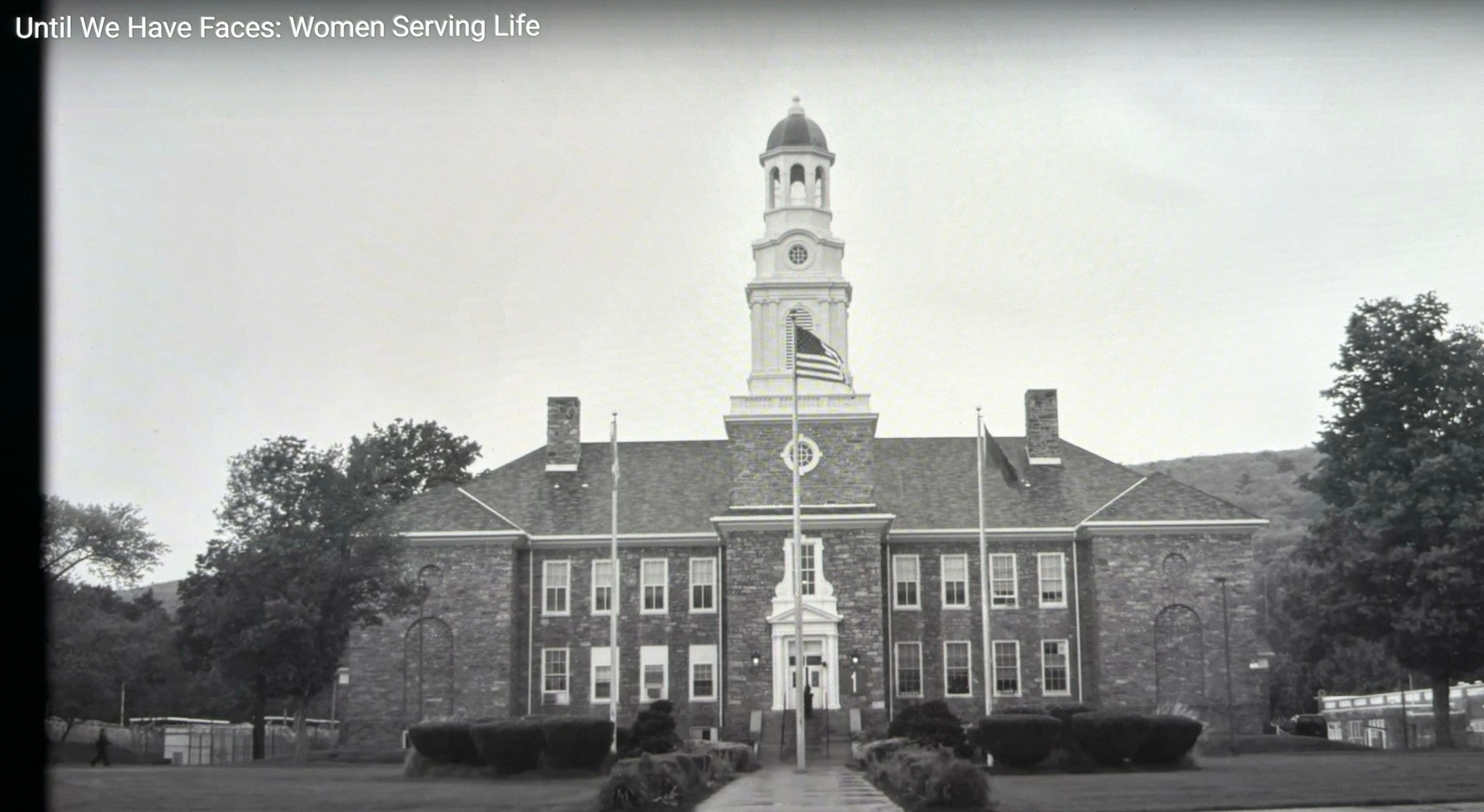
We’d love to hear a story of resilience from your journey.
Incarcerated populations, for research purposes, are deemed a “protected population.” This status arose following abuses of this population over the years under the guise of research. The research protocol for working with prisoners is extremely stringent, even more so if incarcerated for a violent crime. In fact, it is so labor-intensive that many researchers shy away from conducting research in prisons. The term prison gatekeeping is sometimes used, suggesting criminal justice systems make it challenging to gain access.
Nonetheless, I decided for my Ph.D. dissertation to conduct individual interviews with women incarcerated for crimes of violence. I had to clear this first with my university’s institutional research protocol. In addition, I had to gain approval from my home state – Queensland, Department of Corrective Services. I spent many months attempting to negotiate their approval to interview women violent offenders, however, they declined my application and suggested I completely change my topic on female offenders. At this point, our negotiations were discontinued.
With persistence, I immediately sought out another woman’s prison. However, this “other prison” was two states away! I approached the Dame Phyllis Frost Centre, a women’s prison in Melbourne, Victoria Australia. This was a challenge, starting all over again with my university approval and submitting to Corrections Victoria. In addition, I had never been there, and it was approximately a two-and-a-half-hour flight from my home state. Overall, with a positive attitude, commitment, and tenacity, it took approximately 18 months to finally arrive at the prison gates to begin my research.
Since this original research in Australia, conducted approximately two decades ago, I have interviewed women incarcerated in Dublin – Ireland, Pennsylvania, and Texas, with more to come! Overall, I have spent many hours, and years “seeking permission” to conduct my research with women incarcerated for murder. However, being resilient is certainly key!
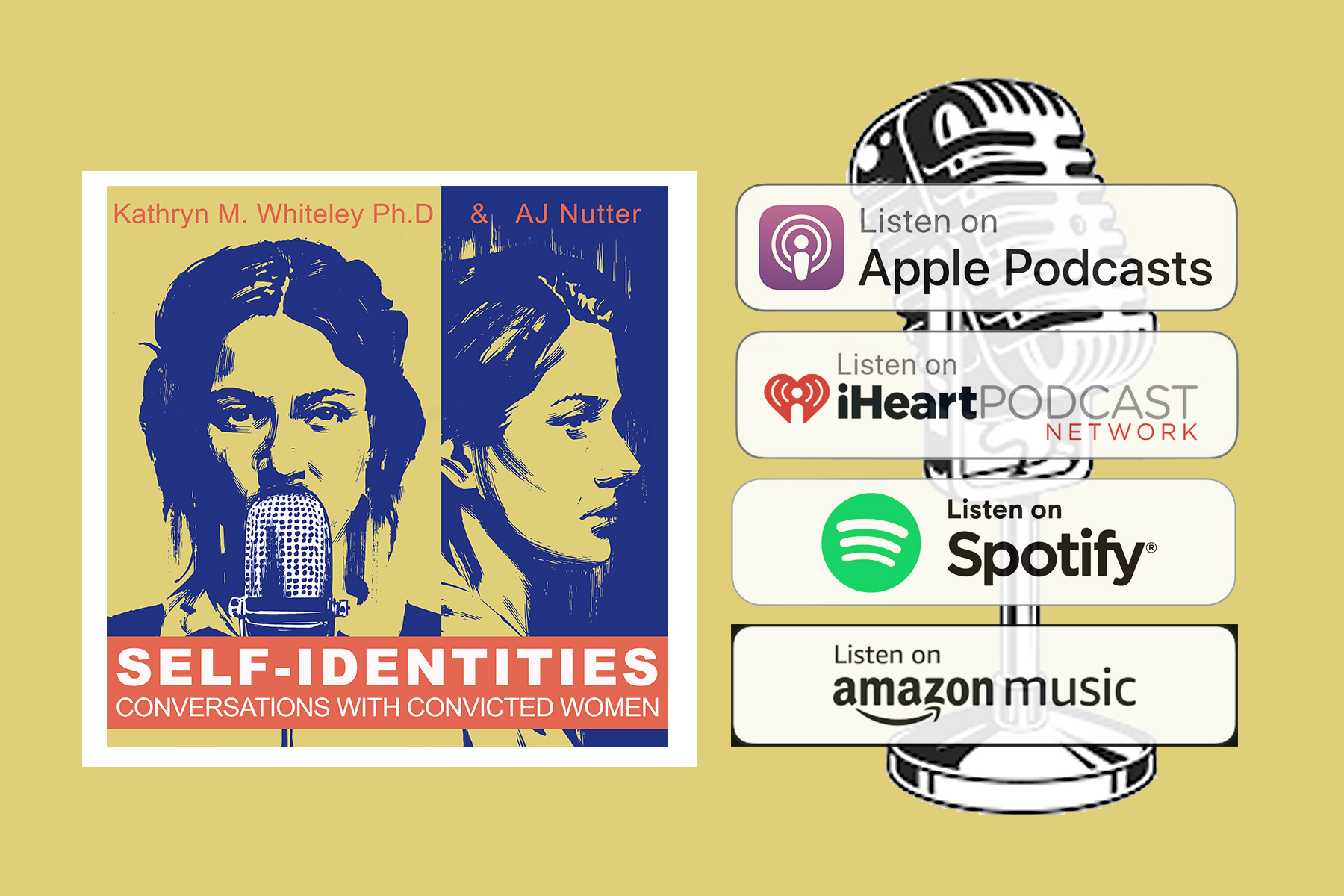
Learning and unlearning are both critical parts of growth – can you share a story of a time when you had to unlearn a lesson?
When I began my first project within the Australian prison, I decided it would be helpful if I reviewed the women’s criminal cases, legal, court proceedings, and some of the media representations about their offending. Having done so I learned about crime, motive, consequences, and more. However, armed with this knowledge, I believe I entered the interviews with the women somewhat biasedly. My mind was overwhelmed with all their criminal background information. I eventually recognized my questions were very much skewed towards their crime, but not necessarily about the women., because I would begin my interviews seeking to learn more about their crime, and motive, for their offending, seeking less about who they were, and the lives they lived.
It took one of the women in the Australian prison, upfront, to question my responsibility and accountability for conducting research with women like her. Her pseudonym name for the research was “Bella.” It was obvious to her that I had carefully reviewed what “had been written” about her from my questions. I recall she very politely stopped me as I began asking her questions. She reminded me that you need to hear directly from the women and learn more about their lives, past and present; because their identity is more than what you hear and read from others.
However, I recall heading back to my hotel room that afternoon in Melbourne Australia, troubled by the gentle rebuke. I recognized that without learning the woman’s life story, told directly by her, any understanding of the woman who kills is incomplete! I have learned many lessons over the years when engaging closely with so many women incarcerated for murder, around the globe. Importantly, be your authentic self, and second, interact with each woman as a human being, not as a statistic! It took this one woman, all those years ago, to change the course of my research and in doing so, changed the course of my life! To this day, decades later, women continue to remind me that their crime does not define them, and they hope that society will give them a second chance!
Contact Info:
- Website: https://www.kathrynmwhiteley.com
- Instagram: Kathryn M Whiteley
- Facebook: Kathryn M. Whiteley
- Linkedin: Kathryn M Whiteley
- Youtube: Kathryn M Whiteley
- Other: Greetings, and thank you for this opportunity!
I have placed as photo attachments – two photos regarding my documentary, and my podcast – marketing card.
However, you have my permission to use, attach, anywhere, my website link, the podcast link, and the documentary link which is on YouTube. You can certainly choose any piece (photo’s) from the documentary itself to promote with my story.
Cheers Kathryn
